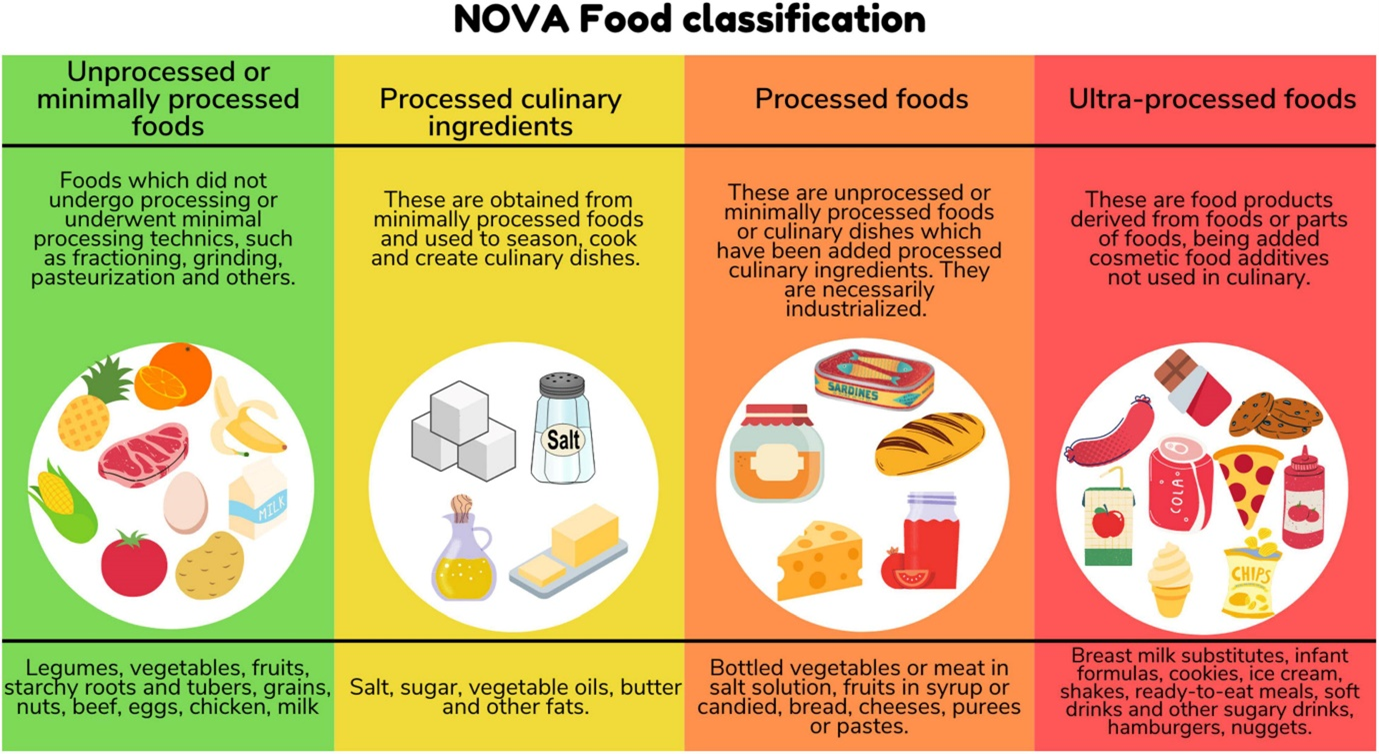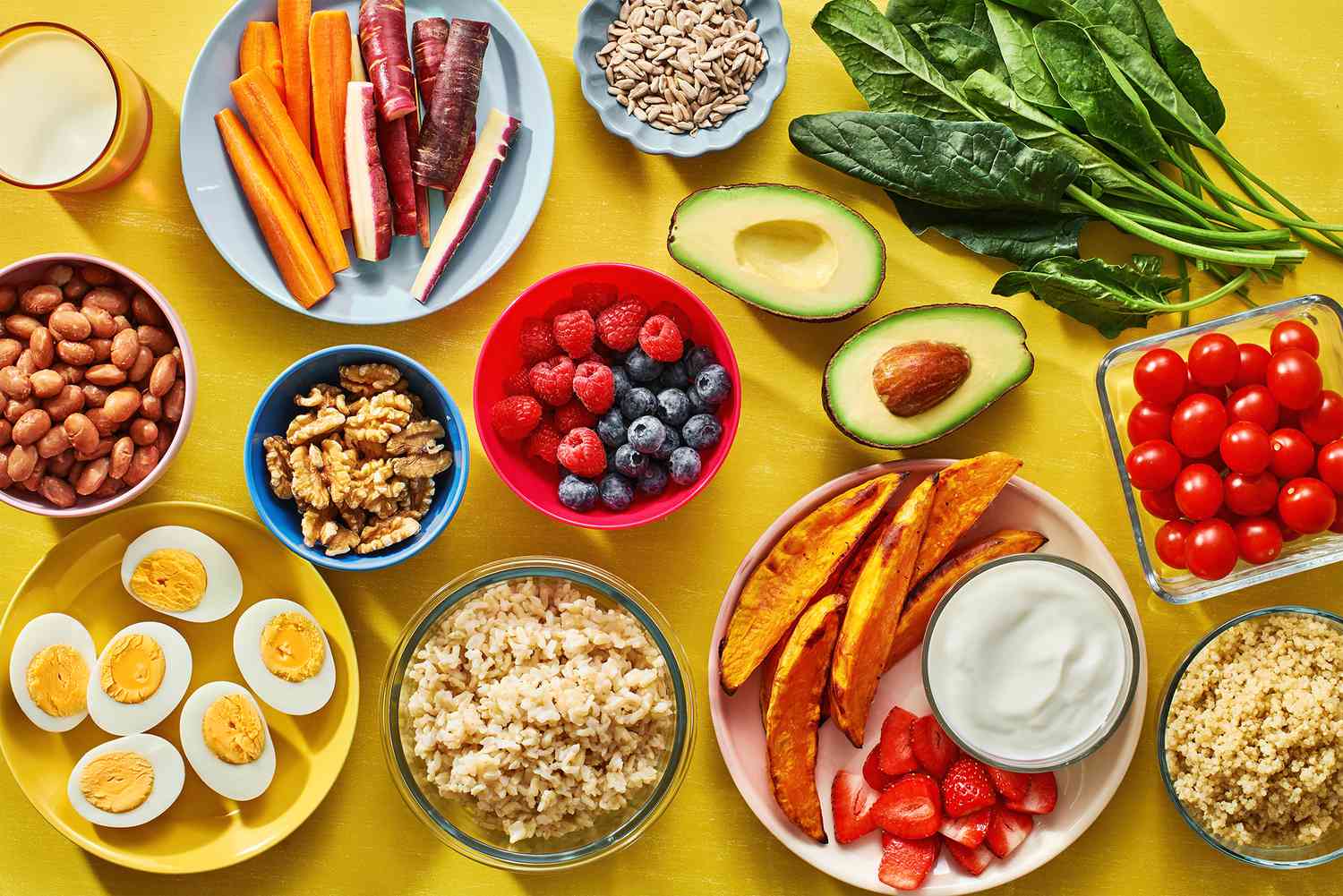Ultra-processed foods, loaded with excessive salt, sugar, fat, and industrial additives, have been linked to adverse health effects by researchers. Although these items, such as chips, microwave meals, candies, and chicken nuggets, may not constitute a healthy diet, it's essential to understand that not all processed food is detrimental.
This article delves into the realm of processed and ultra-processed foods, the health risks posed by an overindulgence in the latter, and strategies for moderating their consumption to strike a healthier balance.
While the terms "processed" and "ultra-processed" often carry negative connotations, it's important to recognize that most of the food we consume has undergone some form of processing, which is not inherently harmful. Food processing serves to extend shelf life, ensure safety, enhance flavor, and even boost nutritional content. Techniques like pasteurization, canning, fermentation, freezing, and drying are common forms of processing.
The critical distinction lies in ultra-processing, where industrial-scale methods and unfamiliar ingredients not typically found in home cooking are employed to create the final product.
The NOVA food classification system categorizes food products into four groups based on the extent of processing they undergo. These four NOVA groups include:

1. Unprocessed or minimally processed foods
Unprocessed or minimally processed foods remain in their natural state and do not have any additional ingredients. Examples include pre-washed and bagged spinach, pre-cut fresh fruits, and frozen vegetables. These products are designed for convenience without compromising their original nutritional value.
2. Processed culinary ingredients
Processed culinary ingredients are derived from unprocessed foods through basic processing methods. This category encompasses items such as oils, butter, sugar, salt, dried herbs, and spices, which are typically used as components in recipes rather than consumed on their own.
3. Processed foods
Processed foods undergo partial alterations by the inclusion of ingredients like sugar, oil, fat, salt, and other culinary components to minimally processed foods. Examples of processed foods include cheese, homemade or artisanal bread, and tofu. While these foods have been modified, the changes made do not significantly impact their overall healthiness.
4. Ultra-processed foods
Ultra-processed foods are completely transformed and often contain high levels of unhealthy fats, refined sugars, and salt. These items undergo industrial processes like hydrogenation and shaping and contain various additives, including dyes, stabilizers, flavor enhancers, emulsifiers, and defoaming agents. They are calorie-dense and lack substantial nutritional value, with examples including cookies, chips, and fast food. Ultra-processed foods are engineered to be highly convenient, exceptionally flavorful, and exceptionally profitable for the companies that produce them.
Research Insights on Health Risks
Ultra-processed foods are widely considered detrimental to health, with links to heart disease, weight gain, cancer, and increased mortality. But what's the underlying reason?
Food processing alters the intricate nutrient structure within, termed the "food matrix," which subsequently influences our body's response to these foods and may contribute to these health risks.
Examining research on the impact of ultra-processed foods on our well-being, one study tracked the diets of 44,000+ French adults for 7 years, revealing a heightened mortality risk associated with high consumption of such foods. Similarly, a study in Spain involving nearly 20,000 adults yielded parallel results.
A comprehensive analysis of 100,000+ French adults over 5 years unveiled a heightened risk of heart disease linked to increased ultra-processed food intake. Furthermore, a 10% rise in ultra-processed food consumption correlated with a 12% increase in cancer risk in the same participants.
It's important to note that while these studies are substantial, their observational nature does not establish a definitive cause-and-effect relationship.
How Ultra-Processed Foods Impact Weight and Gut Health?
In a recent clinical trial, 20 participants spent 4 weeks in a controlled environment, alternating between ultra-processed and unprocessed diets for 2-week periods. Those on the ultra-processed diet consumed around 500 extra daily calories, resulting in a 2-pound weight gain during that phase.
Beyond weight gain, researchers suspect that ultra-processed foods affect gut health, as they often lack essential fiber.
These gut microbes influence immune health, food digestion, and body responses, with an overabundance of harmful bugs linked to higher risks of cancer, heart disease, diabetes, and obesity.
The Pervasiveness of Ultra-Processed Foods in Our Diets
Ultra-processed foods have become a ubiquitous part of daily life, with many individuals consuming them regularly. In the U.S. and the U.K., more than half of daily caloric intake comes from such foods. These options are not only affordable but also heavily promoted.
For numerous people, ultra-processed foods represent a crucial source of sustenance due to their cost-effectiveness and widespread availability. Not everyone has the luxury of time, resources, and cooking facilities to prepare fresh meals.
Common examples of ultra-processed foods include soda, packaged snacks, breakfast cereal, instant noodles, microwave-ready meals, energy bars, candy, fast food, sausages, and store-bought bread.
 Making Healthier Choices: Reducing Ultra-Processed Foods in Your Diet
Making Healthier Choices: Reducing Ultra-Processed Foods in Your Diet
To cut down on ultra-processed food consumption, consider prioritizing unprocessed or minimally processed alternatives in your diet. These healthier options include:
- Fresh and frozen fruits and vegetables.
- Dried fruits and nuts without added sugar, salt, or oil.
- Pulses and legumes, such as chickpeas and lentils.\
- Whole-grain starchy carbohydrates like whole wheat bread, oats, and whole wheat pasta.
- Fresh meat, poultry, fish, and eggs.
- Plain or natural yogurt with no added sugar.
- Spices and herbs.
- Beverages like tea, coffee, and water.